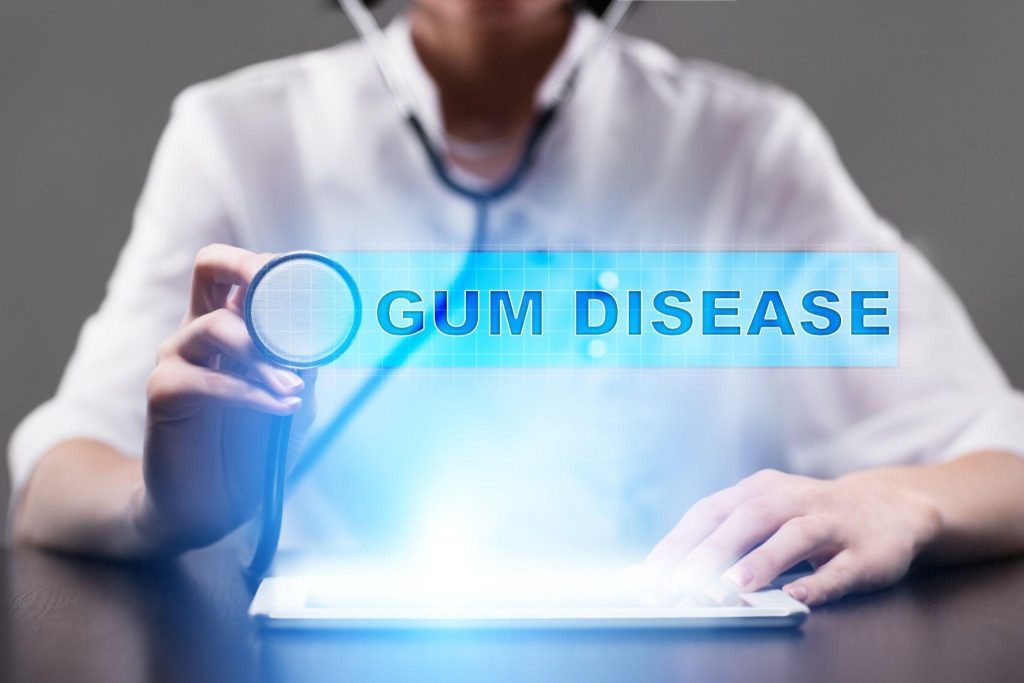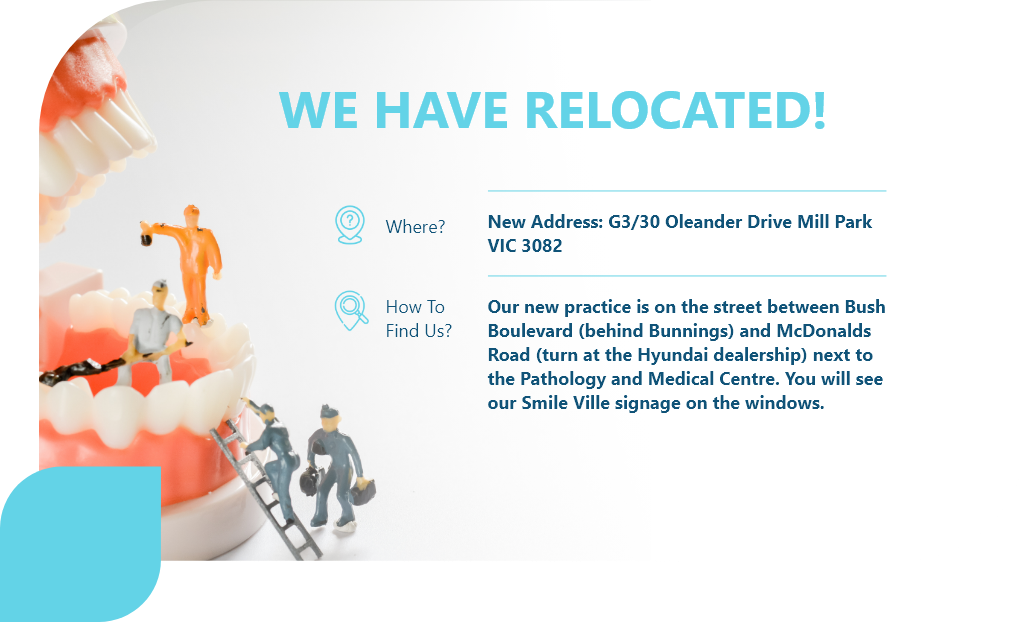Picture this: you’re enjoying a juicy apple and suddenly notice your gums bleeding. Don’t panic! That’s likely a sign of gingivitis, a mild gum disease.
Gingivitis occurs when plaque, a sticky film of bacteria, accumulates along the gum line, leading to inflammation and irritation. But with proper care and dental hygiene, you can reverse the effects of gingivitis and prevent it from progressing into more severe gum diseases.
Now, let’s delve deeper into gum diseases. Gingivitis, left untreated, can develop into periodontitis, a more advanced stage of gum disease. At this stage, the infection starts to affect the supporting structures of the teeth, including the bone and connective tissues.
As the condition progresses, pockets form between the gums and teeth, providing a breeding ground for more bacteria. The body’s immune response to this bacterial invasion leads to the breakdown of the bone and tissue, ultimately resulting in tooth loss. However, early detection and professional treatment can help prevent further damage and preserve your pearly whites.
So, the question now is…
Can gingivitis (and other gum diseases) affect my pregnancy?
When you’re pregnant, your body goes through all sorts of notable changes. These changes can make your gums more sensitive and easily irritated. That means you’re more likely to develop gingivitis or inflamed gums. You might notice your gums getting red, swollen or bleeding when brushing your teeth.
Studies have found a link between gum diseases and some pregnancy complications. Having severe gum disease during pregnancy might increase the risk of things like preterm birth or having a baby with low birth weight.
But don’t panic! The good news is that you can help prevent these problems by taking extra care of your teeth and gums during pregnancy.
Go to the dentist before starting to get ready for pregnancy, and while pregnant, the next time to go for treatment is in the second trimester of pregnancy. Elective treatment (aesthetic treatments like whitening and veneers) can be deferred at this stage.
What should I do to ensure healthy gums during pregnancy?
1. Brush Your Teeth
Brushing your teeth twice daily with a soft-bristled toothbrush and fluoride toothpaste is essential to maintain healthy gums during pregnancy. Brushing your teeth helps remove plaque and bacteria, reduce the risk of gum disease and other oral health issues, and promote the healthy development of your baby’s teeth.
When brushing your teeth, be gentle. Don’t press too hard, as this can lead to irritation and bleeding of the gums.
2. Floss Your Teeth and/or Use Interdental Brushes
Flossing your teeth once a day helps dislodge plaque and food particles in areas that brushing can miss. This is especially important during pregnancy when hormones make your gums more sensitive and vulnerable to infection.
3. Regular Dental Visits, Ideally every 6months
Visiting your dentist regularly is paramount for keeping an eye on the health of your teeth and gums during pregnancy. Your dentist can also give you tips on oral hygiene and recommend safe treatments for pregnant women, such as laser therapy or fluoride treatments. The longer you delay the cleaning, the more painful they will become as the gum swelling makes the teeth sensitive on cleaning.
So don’t ignore any changes in your gums during pregnancy. Seek professional help right away to keep your teeth and gums healthy.
4. Healthy Snacking
Eating crunchy fruits and veggies like apples, oranges, carrots, and celery is a great way to keep your teeth and gums healthy during pregnancy. Not only are these snacks packed with essential vitamins and minerals that your body needs, but they also act like little toothbrushes, helping to scrub away plaque from the surface of your teeth.
Avoid sugary snacks, which can increase the risk of tooth decay and gum disease during pregnancy.
5. Drink Water
Drinking plenty of water throughout the day helps keep your mouth clean, hydrated and healthy. Water helps wash away bacteria that can cause plaque build-up and lead to gum disease. Plus, it helps neutralise the acid in your mouth caused by food and drinks, which can also damage your teeth and gums.
Not only that, but water also helps promote healthy digestion, which is essential for pregnant women. So drink at least eight glasses of water daily to keep your teeth and gums healthy during pregnancy.
6. NO to Tobacco
Smoking or chewing tobacco are two of the worst villains when it comes to your oral health. They cause gum diseases, leading to other severe and potentially life-threatening conditions, such as lung cancer, throat cancer and heart disease.
Tobacco smoke contains thousands of chemicals, some of which can damage your unborn baby’s development. So it’s best to avoid tobacco use during pregnancy to keep you and your baby healthy. It also helps to stay away from people who smoke while you’re pregnant.
7. Stress-Busting Moves
Stress is a natural part of life but can hurt your overall well-being, including oral health. If left uncontrolled, stress can weaken your immune system, making it easier for gum disease to take hold and cause serious problems. That’s why managing stress during pregnancy is so important.
One way to reduce stress is through relaxation techniques, such as yoga, meditation or deep breathing exercises. Taking the time to relax can help you feel more energised and alert while strengthening your immune system.
Maintaining good oral hygiene practices is vital to keeping these gum diseases at bay. Regular dental check-ups and cleanings are crucial for early detection and intervention.
Make sure to visit your SmileVille dental team to keep those gums happy and healthy, and you’ll be on your way to a smiley, healthy pregnancy. You got this!





